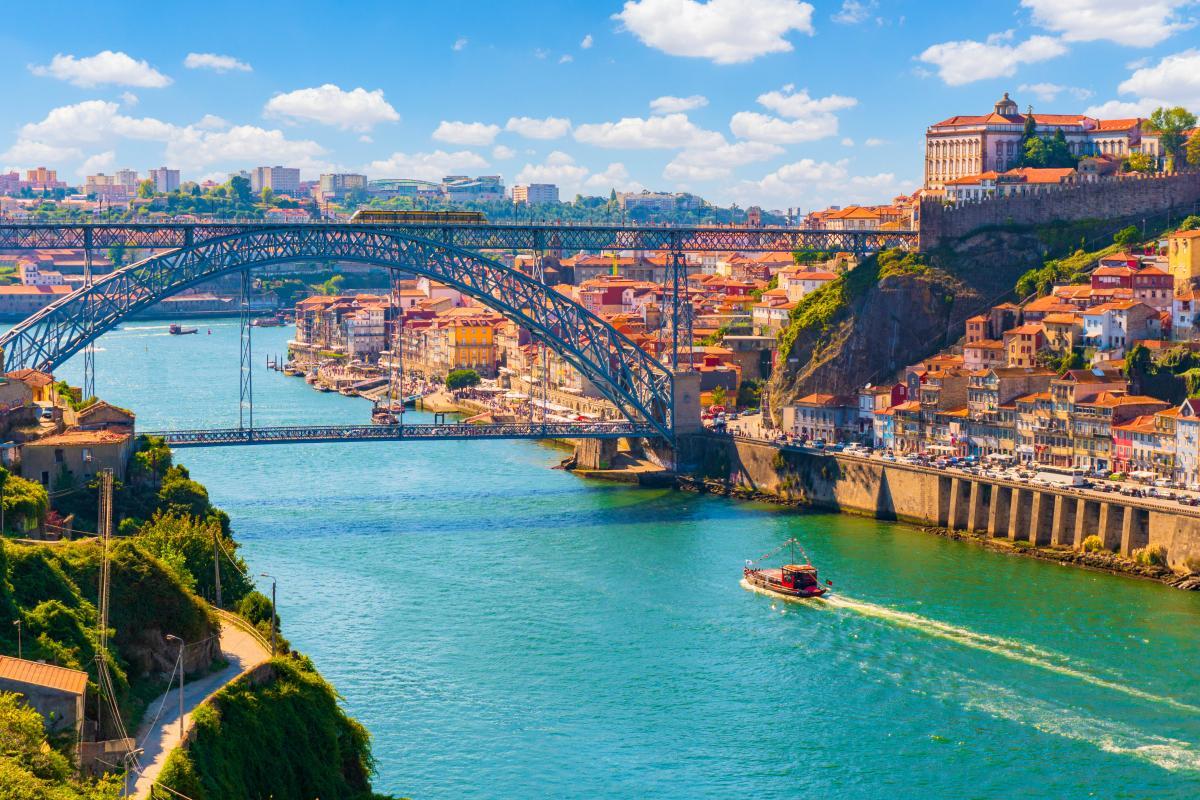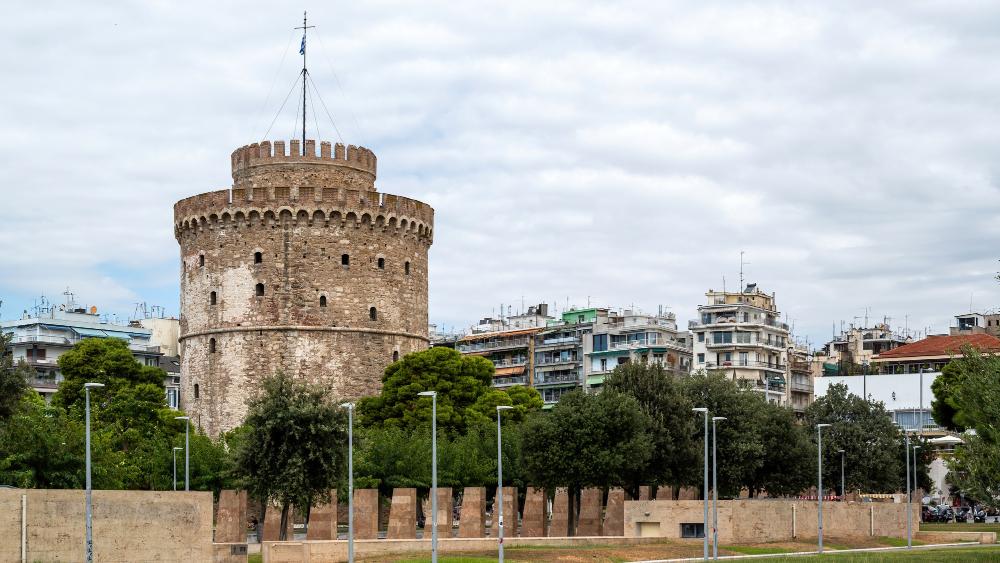Portugal D7 visa: Eligibility and financial requirements

The D7 Visa, also known as the Retirement Visa or Passive Income Visa, allows non-EU citizens to obtain temporary residency in Portugal.
Who is the program intended for?
The program was designed for foreign nationals who have a stable passive income. Eligible income sources include pension plans, real estate, and more. This type of visa is also a good choice for digital nomads who work remotely and are not tied to a place or time zone.
Potential applicants include:
● Retirees who have sufficient earnings to cover the minimum wage of €705 per person per month;
● Foreigners who are able to prove their passive income. Acceptable income sources include property rentals in their home country, investment income, royalties, intellectual property, and other;
● Clergy members sent to Portugal. A rare type of migration, it also falls under this visa category.
Benefits of the D7 visa
The D7 visa entitles the holder to live, work, study and run a business in Portugal, to reunite with the family, and to access the National Healthcare Service.
Minimum passive income requirements
The key requirement for applicants is to earn a passive income in another country. Single applicants need to show proof of passive income of at least €705 per month, being the minimum wage in Portugal in 2022. An additional €352.5 per month is required for a dependant adult (50% of the minimum wage). For children under 18 y.o. the minimum passive income required is €211,5 per month (30% of the minimum wage). For instance, a retired couple will have to prove a minimum income of €1.057.50 per month. If you have a minor child, the minimum income requirement is €1,269.
.jpg)
The amounts are subject to adjustment based on the minimum wage.
Mandatory requirements
Applicants are required to show proof of funds for no less than 12 months prior to the date of submission and an evidence of a stable source of income as of the date of entry to Portugal, along with a certified translation into Portuguese. In 2022, the minimum monthly wage in Portugal is €705. If you apply for a D7 visa, you will also need a bank account in Portugal with a deposit of at least €8,460 per adult. If produced on the bank letterhead, the statement of account can be submitted in English.
The main applicant may include the following dependants in the application: a spouse, minor or incapacitated children, unmarried children above 18 years of age, who study in Portugal, and dependant parents of the main applicant or their spouse.
The requirements also include proof of accommodation for at least 365 days. It is not going to be difficult for those who own a property in Portugal. Otherwise, you will have to rent an apartment or a house and submit the lease agreement to the Consulate.
Once the application is approved, your new Portugal D7 Visa will be valid for two years and can afterwards be extended for another three years. Upon the expiry of the five-year period you become eligible to apply for Portugal Residency or Citizenship provided all the requirements are met, viz. you have proof of knowledge of the Portuguese language, a criminal record certificate issued by Portuguese competent authorities, authorities of your home country or your country of residence if you lived there after you had reached the age of criminal responsibility.
The process of obtaining a D7 visa is comprised of the following basic steps:
● Step 1. Fill out the visa application form and collect the required paperwork.
● Step 2. Submit the paperwork to your local Portuguese embassy/consulate.
● Step 3. The average processing time is 60 days. If your application is approved, you will obtain a visa.
● Step 4. The D7 Visa allows you to gain permanent residence in Portugal in the future. You'll need to travel to Portugal and schedule an appointment at Serviço de Estrangeiros e Fronteir (SEF) during the first 120 days of your stay in the country. After you have stayed in Portugal for 5 years you become eligible to apply for citizenship.
For the most comprehensive list of documents please refer to the Portugal embassy in your home country or visit ePportugal.

Documents required to apply for the D7 visa:
● The D7 visa application form
● 2 passport-sized photographs
● Valid passport and a copy of the passport's biographical data page
● Proof of sufficient funds (e.g. statement of account)
● Proof of accommodation (e.g. property deed, rental contract or other legally binding instrument)
● Apostilled criminal record certificate
● Request for criminal record enquiry by the Immigration and Border Services
● Proof of valid health coverage
Retirees are also required to present a copy of the pension certificate stating the amount of pension as well as other documentary proofs of pension amount.
If you have another source of passive income, you will be requested to show proof of permanent income in the required amount. Acceptable options include a rental agreement, contracts for royalties, etc.
NB: All documents and certificates must be translated into Portuguese and notarized. Personal submission is required. If you have more than one source of income, you can combine them (e.g. pension + rental income). It is advisable to consult the Portuguese embassy/consulate in your home country before you proceed with the application.
Tax obligations
Once you become a Portuguese resident, you will have to comply with the local tax obligations. If you fail to file your tax return by the deadline, you can face a penalty.
The visa application process can be intricate and it is recommended to consult a lawyer to help you navigate the legal requirements. Please check our directory to choose the right firm to work with your needs.
Sources: withportugal.com, theportugalnews.com


